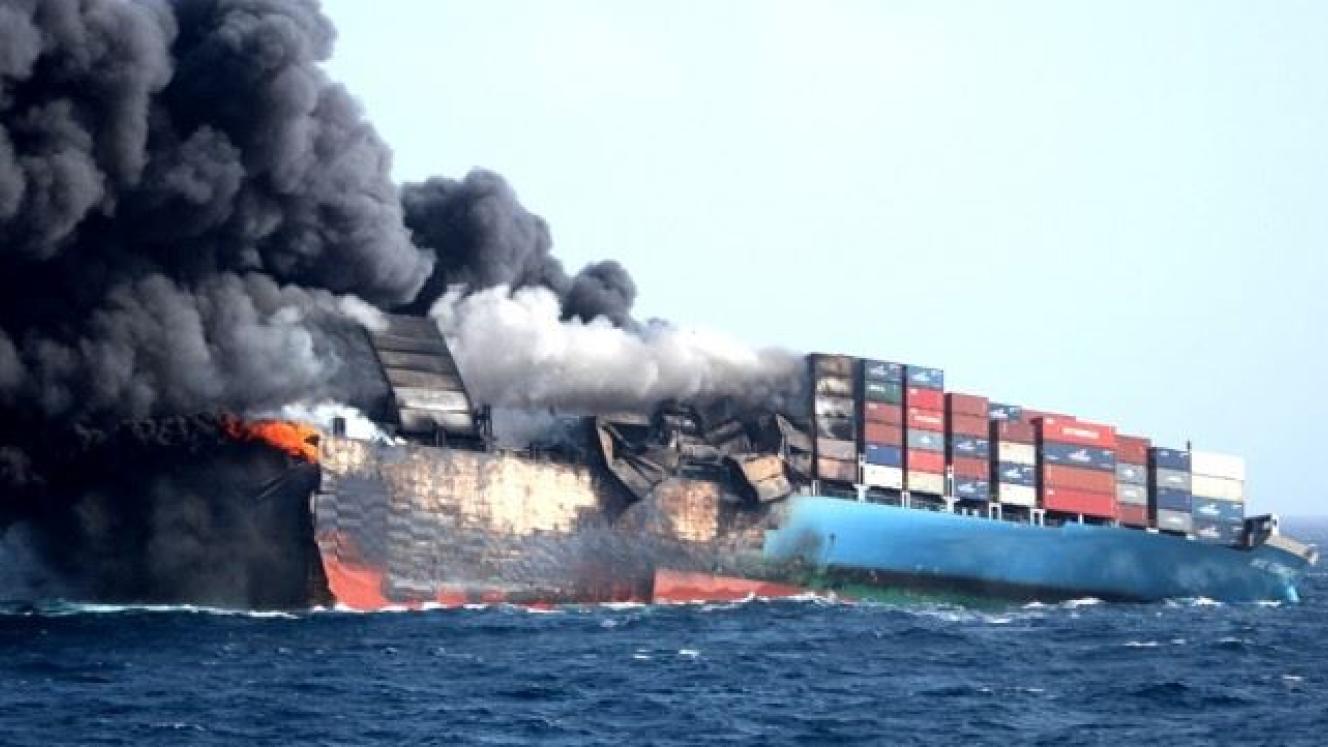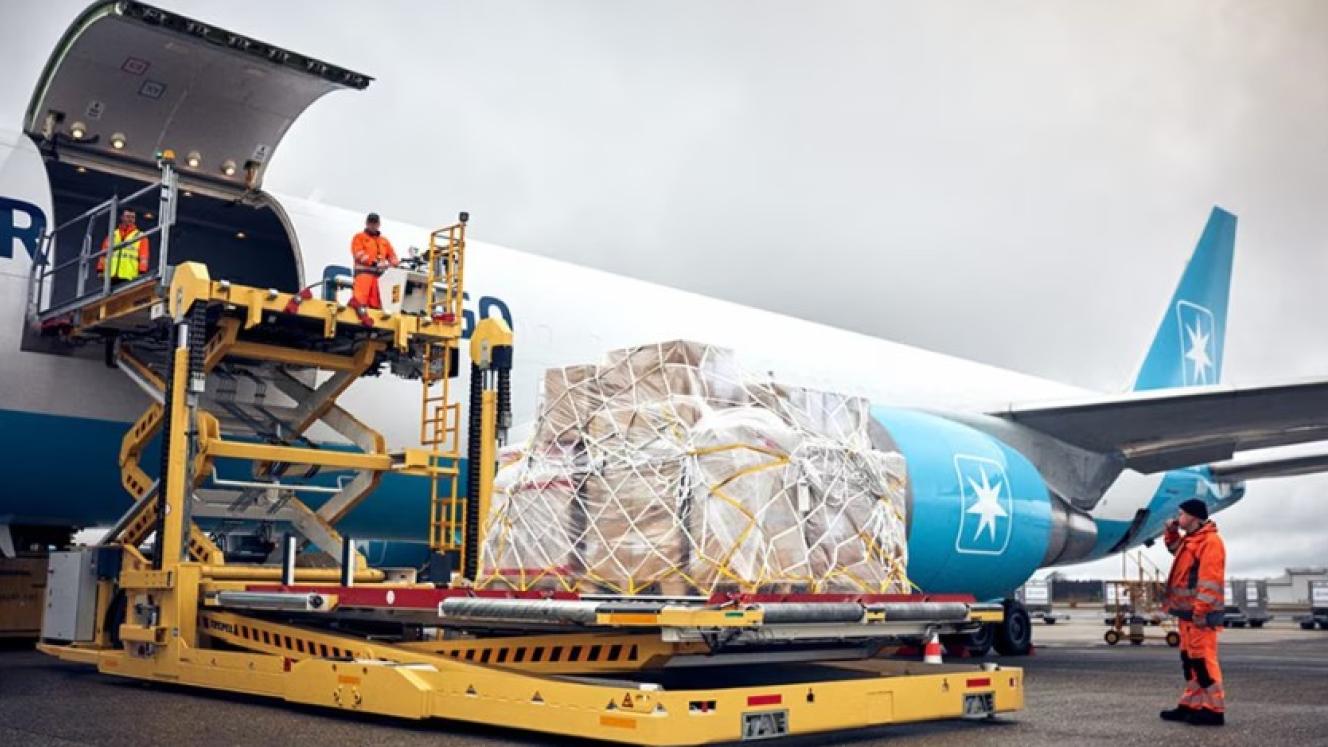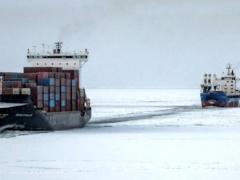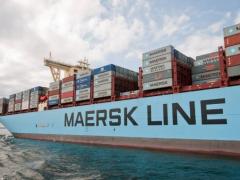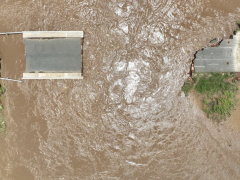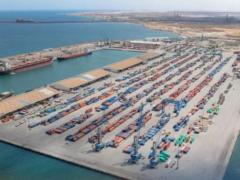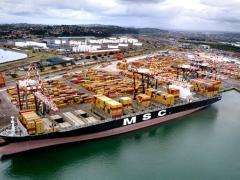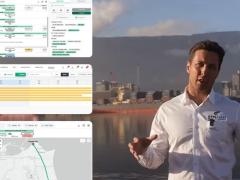Interesting findings are contained in the latest Safety and Shipping Review released yesterday by financial service multinational Allianz, with the most prominent being another decline in gross tonnage (GT) lost at sea.
The review states that the ocean freight sector saw the number of reported total shipping losses of over 100GT decline again during 2019 to 41.
It is the lowest such total this century and represents a decrease of almost 70% over the last 10 years.
According to the review, improved ship design and technology, stepped-up regulation, and risk and management advances such as more robust safety management systems and procedures on vessels are some of the factors behind the long-term improvement in losses.
In addition, says the report, shipping losses declined by almost a quarter year-on-year (y-o-y) from 53 in 2018, although late reported losses may increase the 2019 total further in future.
“Bad weather was reported as a factor in one in five losses. The 2019 loss year represents a significant improvement on the rolling 10-year average of 95 – down by over 50%.”
On closer inspection the review reveals the following:
- 2 815 shipping incidents (not to be confused with losses as stated above) in 2019 – up 5% y-o-y. Machinery damage is the top cause.
- 951 total losses over past ten years.
- 15 cargo ships lost in 2019 – 37% of all vessels lost.
- One in five losses in 2019 due to bad weather.
- 1 500% increase in container-carrying capacity in 50 years.
- British Isles, North Sea, English Channel and Bay of Biscay region recorded 605 incidents in 2019.
- 90% of global kidnappings reported at sea in 2019 occurred in the Gulf of Guinea on the West Coast of Equatorial Africa.
- One in three losses in 2019 occurred in South China, Indochina, Indonesia and Philippines – “the global hotspot”.
Since the review’s release, Singapore-based maritime portal Splash247 has reported that “the consequences of coronavirus and a sustained economic downturn could threaten long-term safety improvement and trigger an uptick in losses from cost-cutting measures, fatigued crew, and idle vessels”.
Editor Sam Chambers quotes Captain Rahul Khanna, global head of marine risk consulting at Allianz, saying: “We know from past downturns that crew and maintenance budgets are among the first areas that can be cut and this can impact the safe operations of vessels and machinery, potentially causing damage or breakdown, which in turn can lead to groundings or collisions. It is crucial that safety and maintenance standards are not impacted by any downturn.”
